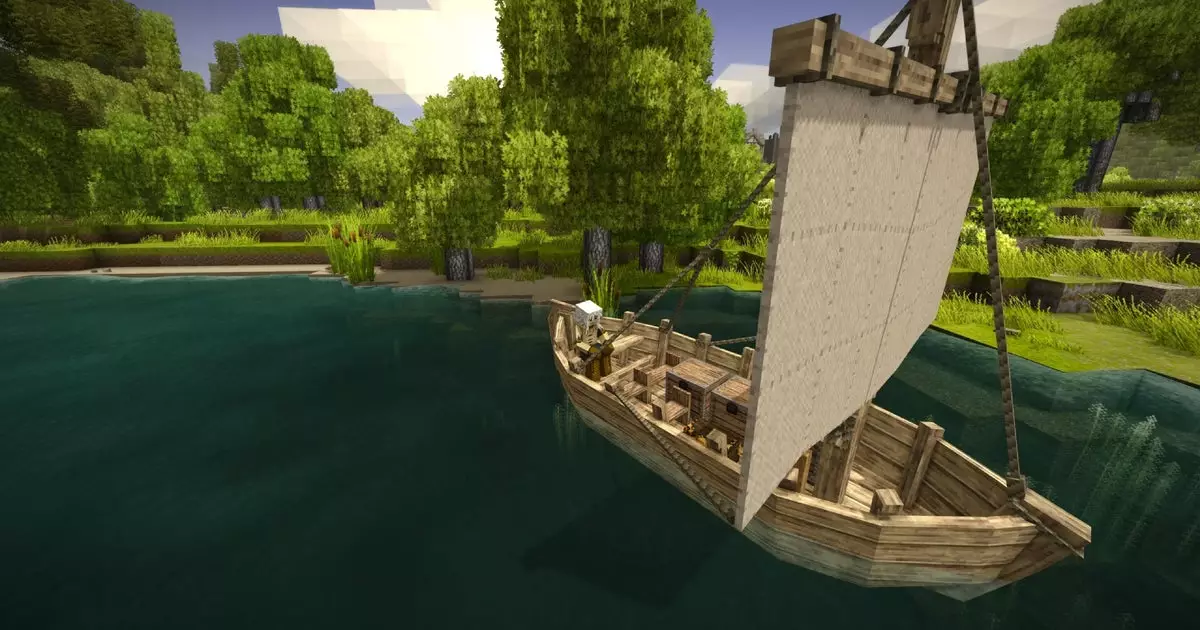In the face of disappointment and the abrupt halting of highly anticipated projects like Hytale, the gaming community and independent developers often serve as the unsung heroes of resilience and creativity. The recent efforts by the Vintage Story team exemplify a crucial truth: even when a grand vision crumbles, the passion of dedicated creators can keep the flame alive. Instead of lamenting lost opportunities, smaller studios are seizing the moment to reinterpret and reimagine these worlds, making their own mark on the sandbox genre. Such initiatives highlight a vital shift—collaborative, grassroots innovation can challenge and even supplement industry giants, ensuring that the spirit of adventure persists despite setbacks.
Indie developers are uniquely positioned to capture the essence of what made larger projects inspiring. Their agility allows for experimentation free from corporate constraints, demonstrating how community feedback and creative freedom foster something truly original. The Vintage Story team’s decision to develop a new game mode inspired by Hytale is not merely a stopgap; it illustrates a broader philosophy—the belief that the DNA of beloved franchises can be adapted, transformed, and personalized, creating diverse experiences that resonate with varied audiences.
Transforming Expectations: The Art of Reinventing a Familiar Genre
What sets this effort apart is its willingness to diverge aesthetically and mechanically from its base material. Enthusiasts of Vintage Story will recognize their game’s gritty realism, rooted in survival and historical authenticity, but the new adventure mode aims to explore a more fantastical, RPG-oriented universe. This deliberate departure signifies an understanding that modern gamers crave varied storytelling and immersive worlds, not just familiar mechanics. It’s a bold move—embracing fantasy elements like elves and dwarves suggests a desire to create something more escapist, more vibrant, harkening back to the days when sandbox titles were about limitless imagination.
Such a transition challenges conventional expectations about game development. Instead of confining a game to its origins, developers are recognizing that evolution often requires ideological flexibility. Borrowing successful elements—be it improved NPC behavior or combat mechanics—and blending them into new contexts can enrich the player experience. This approach underlines a broader industry truth: iteration and innovation should extend beyond incremental updates; they must encompass bold experimentation that redefines genre boundaries.
Community Trust and Open Development: Building for the Long Term
Transparency and player involvement are the cornerstones of this initiative. The Vintage Story team’s commitment to early releases and open communication reflects a recognition that trust—and ultimately, community support—are essential for indie projects to flourish. When developers explicitly state their plans, describe their resource allocations, and invite feedback, they turn their audience into active participants rather than passive consumers. This approach not only fosters loyalty but also creates a fertile environment for iterative development, where player insights can shape the project’s direction.
Furthermore, the strategy of starting small—initially deploying a modest, focused team—demonstrates pragmatic planning. A lean group allows the developers to experiment rapidly, test ideas, and adapt swiftly. This methodology underscores a vital lesson: quality and agility are often more vital than rapid expansion. As interest and funding grow, scaling the project becomes feasible, ensuring sustainability and relevance in the long haul.
Redefining Legacy: From Lost Dreams to New Beginnings
Ultimately, the story of Vintage Story’s new mode is emblematic of a broader truth—when one door closes, others open. The loss of Hytale may have felt like a blow to hopes for a new paradigm of sandbox gaming, but it also paved the way for smaller, passionate teams to carve their own paths. These efforts remind us that the combination of dedication, community support, and creative reinvention can breathe new life into dormant ideas.
This mindset challenges industry norms, encouraging developers and players alike to see setbacks not as dead ends but as opportunities for transformation. The passion of indie studios, fueled by genuine love for the medium, is fundamental to the ongoing evolution of gaming. They serve as proof that innovation isn’t solely the domain of colossal studios; it’s an organic, community-driven force capable of shaping the future—one imaginative step at a time.

